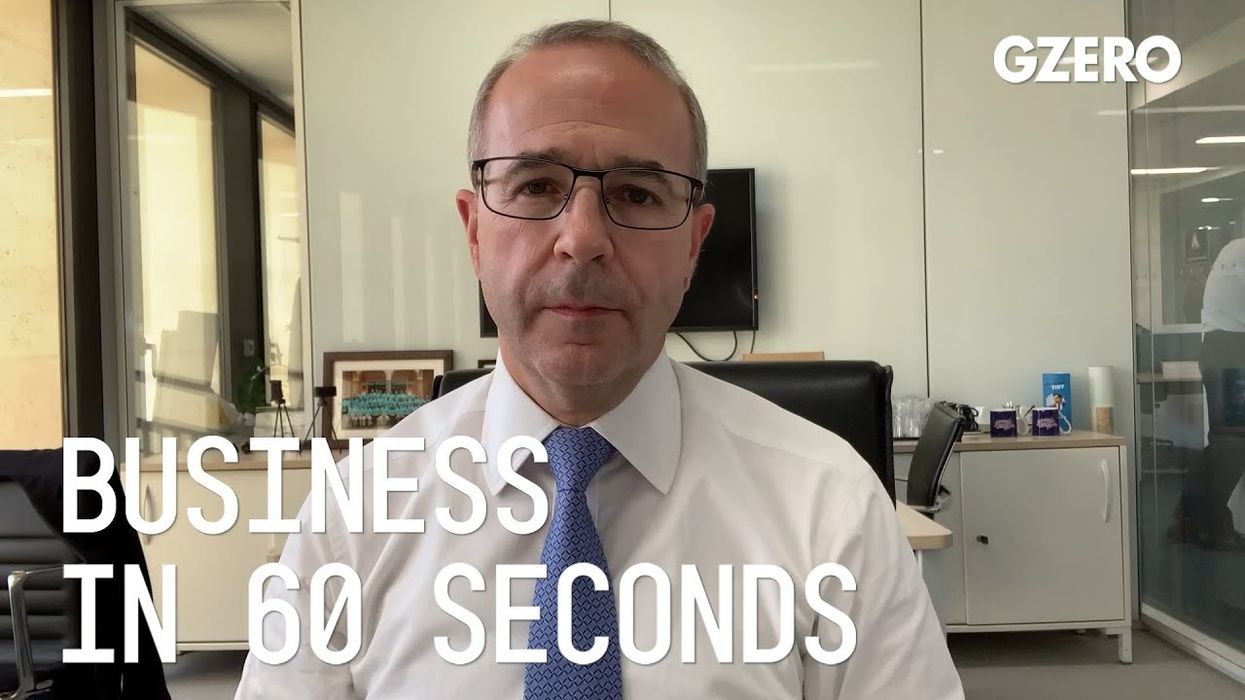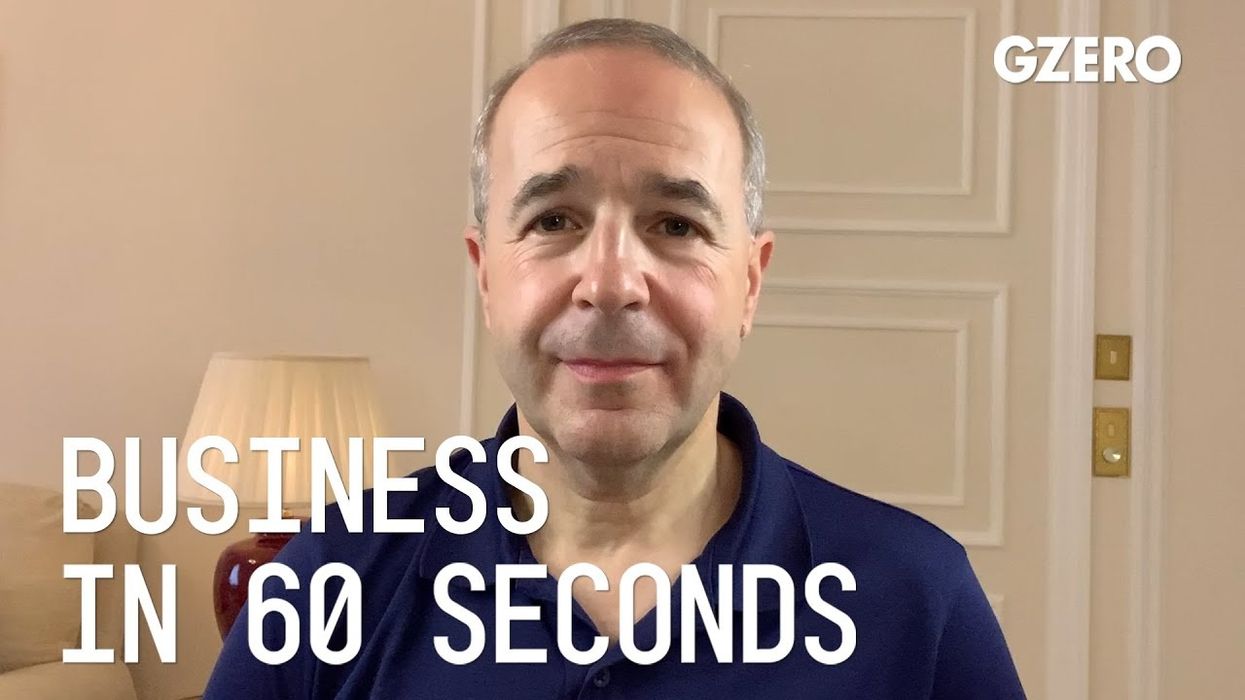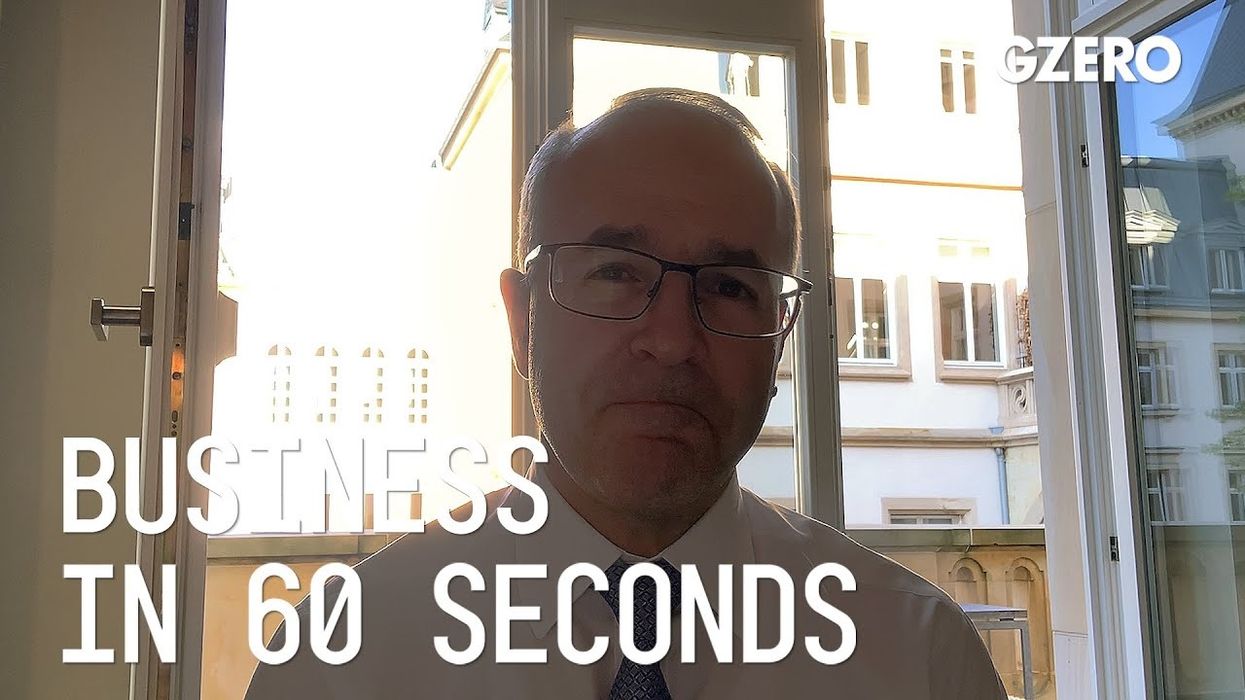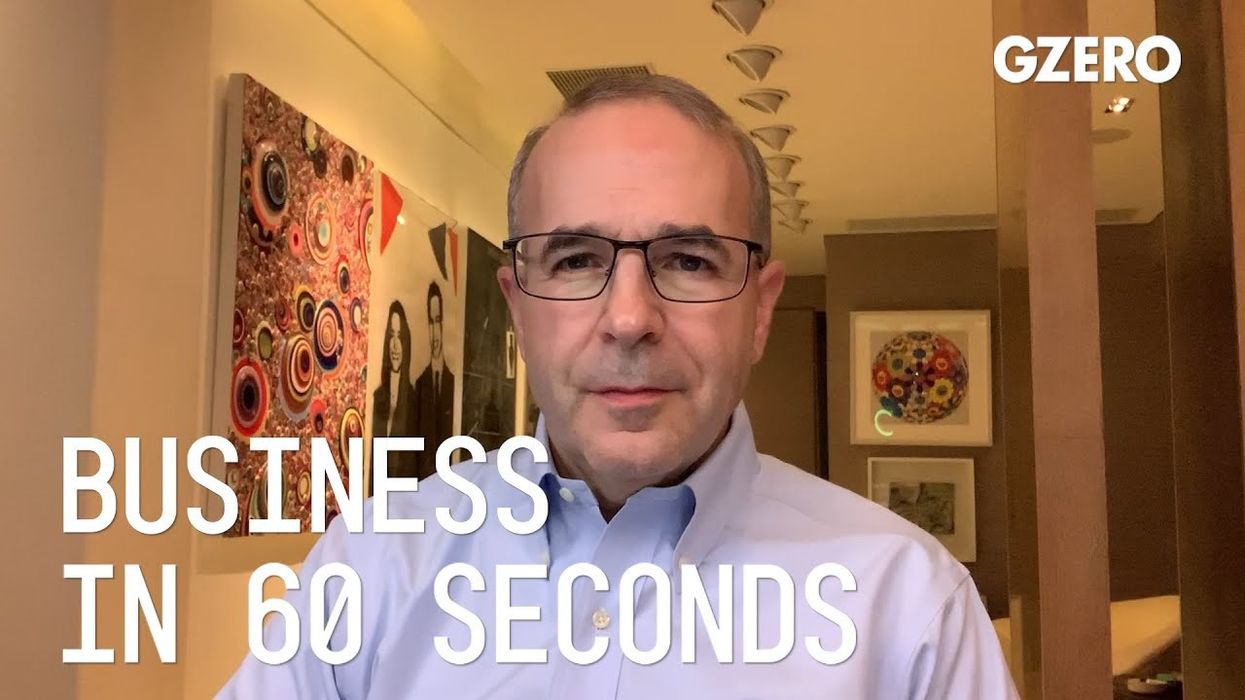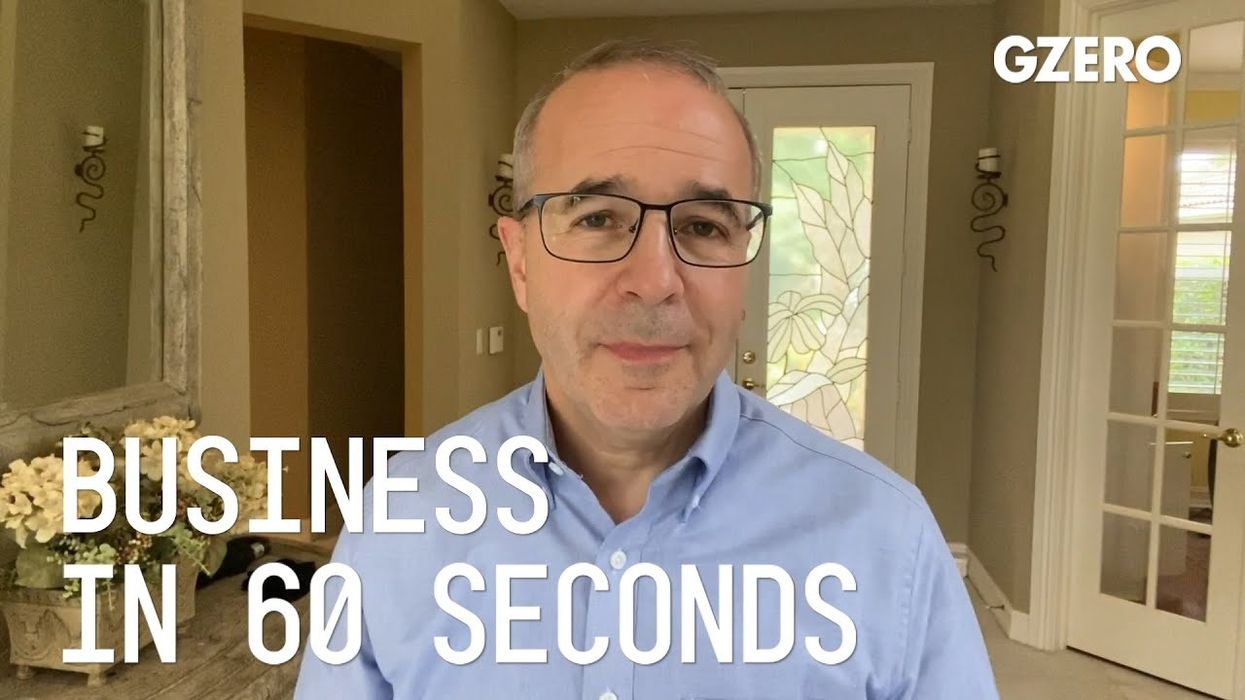In 60 Seconds
2021 opportunities & threats: inequality, mental health, environment
Kevin Sneader, Global Managing Partner at McKinsey & Company, provides perspective on what corporate business leaders are thinking during the global coronavirus crisis:
What are the opportunities and threats on the horizon for 2021?
Oct 13, 2020

